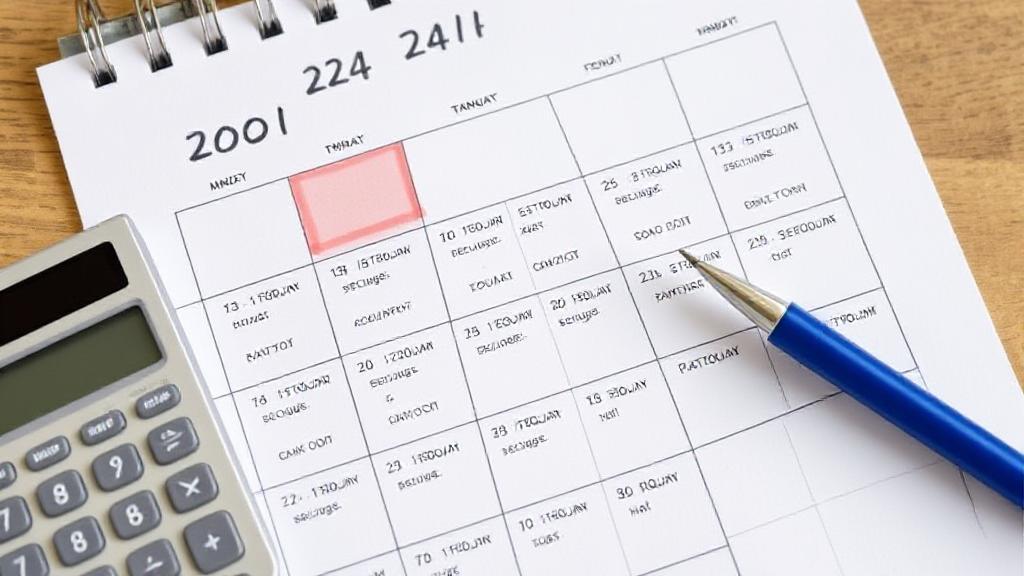Key Tax Filing Deadlines
January 15, 2024
- Fourth Quarter Estimated Tax Payment Due: For self-employed individuals or those with income requiring quarterly estimated taxes, this is the due date for Q4 2023 payments.
March 15, 2024
- Partnerships (Form 1065)
- S-Corporations (Form 1120-S)
April 15, 2024
- Individual Tax Returns Due: Deadline for filing 2023 federal income tax returns (Form 1040)
- First Quarter Estimated Tax Payment Due
- C-Corporations (Form 1120)
May 15, 2024
- Non-profit organizations (Form 990)
June 17, 2024
- Second Quarter Estimated Tax Payment Due
September 16, 2024
- Third Quarter Estimated Tax Payment Due
October 15, 2024
- Extended Individual Tax Returns Due: Final deadline for those who requested extensions
Important Considerations
Filing Extensions
While you can request an automatic extension using Form 4868, remember:
- An extension of time to file is not an extension of time to pay
- Taxes owed must still be paid by April 15 to avoid penalties
- Interest will accrue on unpaid balances starting April 16
Special Circumstances
Disaster Areas
Taxpayers in federally declared disaster areas may receive additional time to file. Visit the IRS disaster relief page for updates.
Military Personnel
Active duty military personnel serving in a combat zone typically have 180 days after leaving the combat zone to file returns and pay taxes.
State Tax Deadlines
State deadlines may differ from federal deadlines. Check with your state's department of revenue for specific dates.
Electronic Filing Options
The IRS encourages electronic filing through:
- IRS Free File (for those with income below $73,000)
- Commercial tax preparation software
- Professional tax preparers
- IRS e-file
Tips for a Smooth Tax Season
- Organize Your Documents: Gather all necessary documents early, including:
- W-2 forms (due from employers by January 31)
- 1099 forms (various types)
- 1098 forms for mortgage interest
- Receipts for tax-deductible expenses
- Previous year's tax return
- Consider Professional Help: If your tax situation is complex, consider hiring a tax professional
- Review Tax Law Changes: Stay informed about any changes in tax laws that may affect your filing
- Keep Records: Maintain copies of all tax documents for at least three years after filing
For more detailed information, visit the IRS website or consult with a tax professional.
